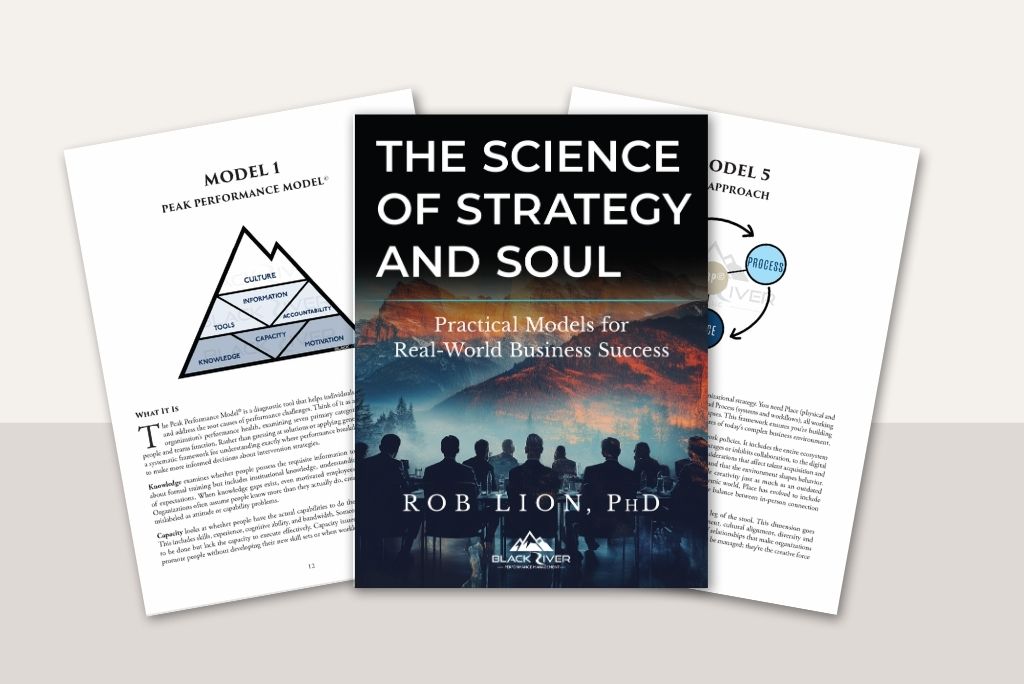In my upcoming podcast episode with host Myriam Hadnes, of the Workshops Work podcast (ranked in the top 5% of podcasts globally), we unpack a leadership approach that’s often misunderstood, overlooked, or seen as secondary: facilitation. But what if facilitation isn’t just a helpful technique for meetings, high-stakes discussions, and strategic planning sessions — what if it’s a critical leadership competency we aren’t talking about?
Facilitation, at its core, is the practice of creating space for others to contribute, reflect, and grow. It’s about guiding rather than directing, asking rather than telling, and supporting rather than solving. A skilled facilitator doesn’t control the conversation — they shape the conditions for insight, clarity, and connection to emerge.
And that got us thinking…
- What if the next critical leadership skill isn’t about giving direction, but creating space?
- Could leaders be more successful if they focused less on managing and more on facilitating?
- What happens when leaders shift from telling and delegating to listening and guiding?
- Can strong facilitation skills help cultivate deeper engagement, stronger buy-in, and more empowered teams?
- If we view leadership through the lens of facilitation, does that change how we evaluate effectiveness?
- Is it time we treat facilitation not as a “nice-to-have” skill, but as an essential leadership capability?
- Could competence in facilitation be the missing link between good leadership and great team outcomes?
These are the questions we explore — and challenge — in the next episode of Myriam’s podcast.
As we reflect on what’s next for leadership, maybe it’s time we evolve the conversation beyond the outdated leader vs. manager debate. The world has changed — and so have the expectations placed on leaders. Economic uncertainty, cultural complexity, distributed teams, and the growing demand for meaningful work all necessitate a different kind of leadership presence.
Facilitation may be the bridge between traditional leadership and what’s now required: leaders who create clarity without control, momentum without micromanagement, and culture without coercion.
Stay tuned — we think this episode just might spark a new kind of conversation.



